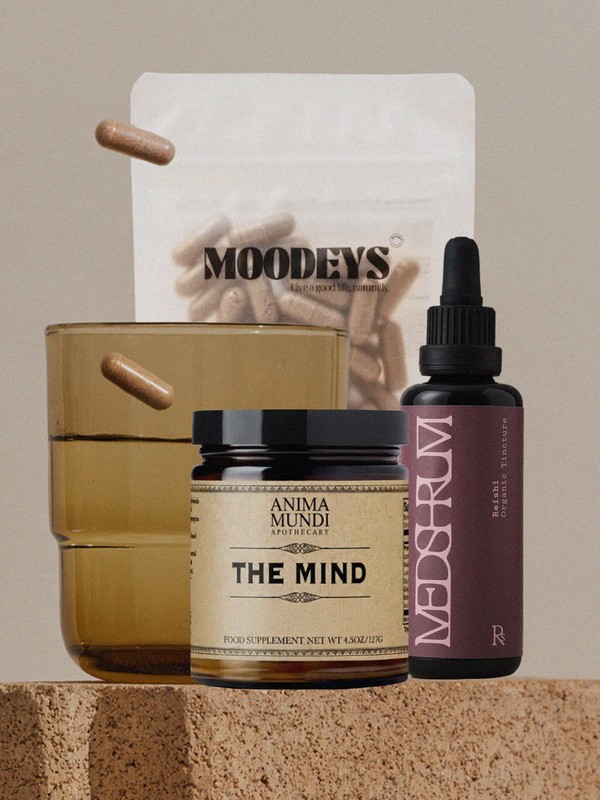Does Being Vegan Affect Your Period?
So, exactly what effect can veganism have on our periods, and should we be worried? Doctify gynaecologist Anne Henderson talks us through it.
It Can Affect The Length Of Your Cycle
“Many women report a shorter, lighter and more regular menstrual cycle when they change to veganism,” Henderson says. “But it’s not yet fully understood why and may not be entirely attributable to eating a plant-based diet, as many things can affect the monthly cycle.”
As research shows those with a vegan diet are more likely to have a lower body weight than those with a non-vegan diet, she believes healthy weight loss could be the reason: “It’s been suggested that these improvements in the menstrual cycle of vegans are primarily due to weight loss and reduction in body fat percentage, which is a common finding in vegans, particularly when women first switch to this type of diet.”
It Can Make Your PMS Worse
When it comes to vegetarianism, there’s evidence that period pain can be far worse than with meat-eaters. One study in Australia found vegetarians had increases in premenstrual and menstrual symptoms, as well as irregular cycles and heavier periods.
And Henderson says this affects vegans too: “Some studies have shown that, contrary to general expectation, that vegans show increased incidence of PMS and menstrual problems, although it is unclear what the cause of this discrepancy is and whether it is due to increased health awareness and self-reporting in the vegan population, or possibly due to some mineral deficiencies, particularly iron.”
It Can Cause Iron Deficiency
It’s been proven that those who don’t eat meat, particularly women, are at a greater risk of developing an iron deficiency. And while you can get a good level of iron from foods such as grains, nuts and vegetables, meat contains a significantly higher level of iron – particularly heme-iron, which is more absorbable – than any plant-based food.
Menstruating women lose iron every month through their period blood which, when coupled with a low iron intake from avoiding meat, can significantly increase their chances of developing anaemia. That’s why Henderson stresses it’s important to add a good source of iron to your meals (find The Vegan Society’s full list here), and to visit your GP if you’re concerned about your iron levels – symptoms of a deficiency include tiredness and lack of energy, shortness of breath, heart palpitations and pale skin.
Other factors that can affect your period:
Vitamin C: Although it’s known for boosting our immune systems, ingesting large quantities of vitamin C can also induce your period. This is because high doses of vitamin C can increase oestrogen levels and reduce the amount of progesterone in the uterus, allowing the lining of the uterus to grow and shed respectively.
Stress: Your body can react negatively to unexpected disruptions – for some that might be diarrhoea or headaches, while for others it might affect their flow. Stress plays a role in suppressing the functions of an area of the brain known as the hypothalamus, which controls the pituitary gland, which in turn controls the thyroid, adrenal glands and the ovaries. Ovary dysfunction can lead to issues with oestrogen production, which is important for building the uterine lining.
Poor sleep: Dealing with little sleep is hard enough as it is, but not getting your eight hours can also throw your cycle out of whack. In fact, according to one study, people who work irregular hours, such as flight attendants or nurses, are more likely to experience irregular periods.
Prescription medication: Any medication that involves your hormones, such as thyroid medication or steroids, can affect your period.
As your hormones all travel through your bloodstream, they’re all connected, so it’s not uncommon for a drug meant for the thyroid hormone to also hit a fertility hormone.
For more information, visit Doctify.co.uk
DISCLAIMER: We endeavour to always credit the correct original source of every image we use. If you think a credit may be incorrect, please contact us at info@sheerluxe.com.






